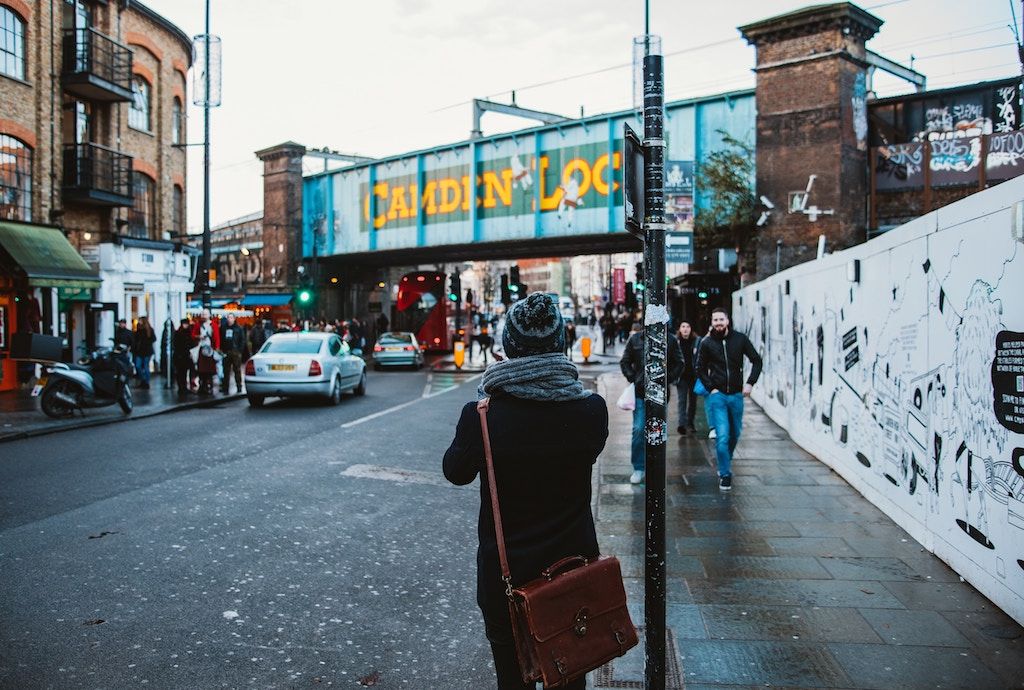Going to study overseas? Five quick tips to make the most of it.

Studying abroad is an awesome experience. It opens up new experiences, new friendships, new cultures you are not going to find at home, no matter how cosmopolitan your life may be. As with most things in life, a little preparation goes a long way.
VISIT BEFORE YOU GO: It may seem obvious, but Google your destination. With today’s tools, you can learn just about everything you need to know. For a fun read, check out the CIA Factbook, (yes that CIA) which has a lot of interesting info on destinations around the world.
But more importantly, tap into the social media around your destination to get more of a personal view of the scene. Also, check-in your own social networks. See whether anyone’s got a trusted opinion. Insider tips are likely to make your stay a more memorable one.
TRAVEL: Travel light. Less is more. Where you are going there will be shopping opportunities. Pack to get through the first week or so and then outfit like a local. Just in case you are moving to a very different climate or really cold weather, you will want to prepare yourself.
LANGUAGE: If you’ve got a gift for the lingo, learn as much of the language ahead of time. Don’t stress if you’re not perfect. Once there, you will learn quickly. And amazingly, many people speak English, even if they don’t let on. Having the basics to navigate will help. Of course, there are some great apps to help out.
Of course, if you are studying a language intensive subject, you’ll have to come a little more prepared. Once there, ask your new friends to help you by not speaking to you in your own language. This is a great way to learn and have a lot of fun, at your own expense, doing so.
FINANCES: Studying abroad can be costly. And setting up in a foreign country includes a bit of a spending curve. To keep things under control, get yourself a bank account in the country as soon as possible. Stop spending on your home credit card to avoid chunky fees. Shop around, services and costs vary.
Pay attention: transferring cash from country to country can be expensive. But there are now faster, cheaper and frankly better ways than using your bank or the exchange office at the airport. Check out Flash Payments, for fast, secure and fee free transfers. They’re licensed and regulated.
Most study abroad programs include insurance. Be sure to check out a range of travel insurance options, which in specific cases can be purchased for up to one year. There are a lot of choices and it pays to read the fine print. Not all coverage is equal. And, in the case of a major event, if you prefer to be cared for at home, be sure you’re covered for emergency transport back home.
LAW & SAFETY: While most travel is safe, be smart about your surroundings. Check in with your country’s foreign travel advisory’s website website about any general threats. You can even register your itinerary, which lets the Consulate know where you are, which can be helpful in emergencies. Again, ask around. Engage. Local knowledge is usually the way to go. If you are staying for any extended period of time, you may want to register with your country’s consulate. You can do this on line.
Also, be sure to familiarise yourself with the local law as best you can. Some are quirky, others can get you into serious trouble, often around disrespecting cultural and religious practices in conservative countries. Be smart. Don’t make assumptions. Again, check with the locals. Avoid any behaviour that may threaten your stay. It may seem cool or rebellious at the time, but it can put a real dent in your adventure.
Enjoy what is going to be an adventure of a life time.

